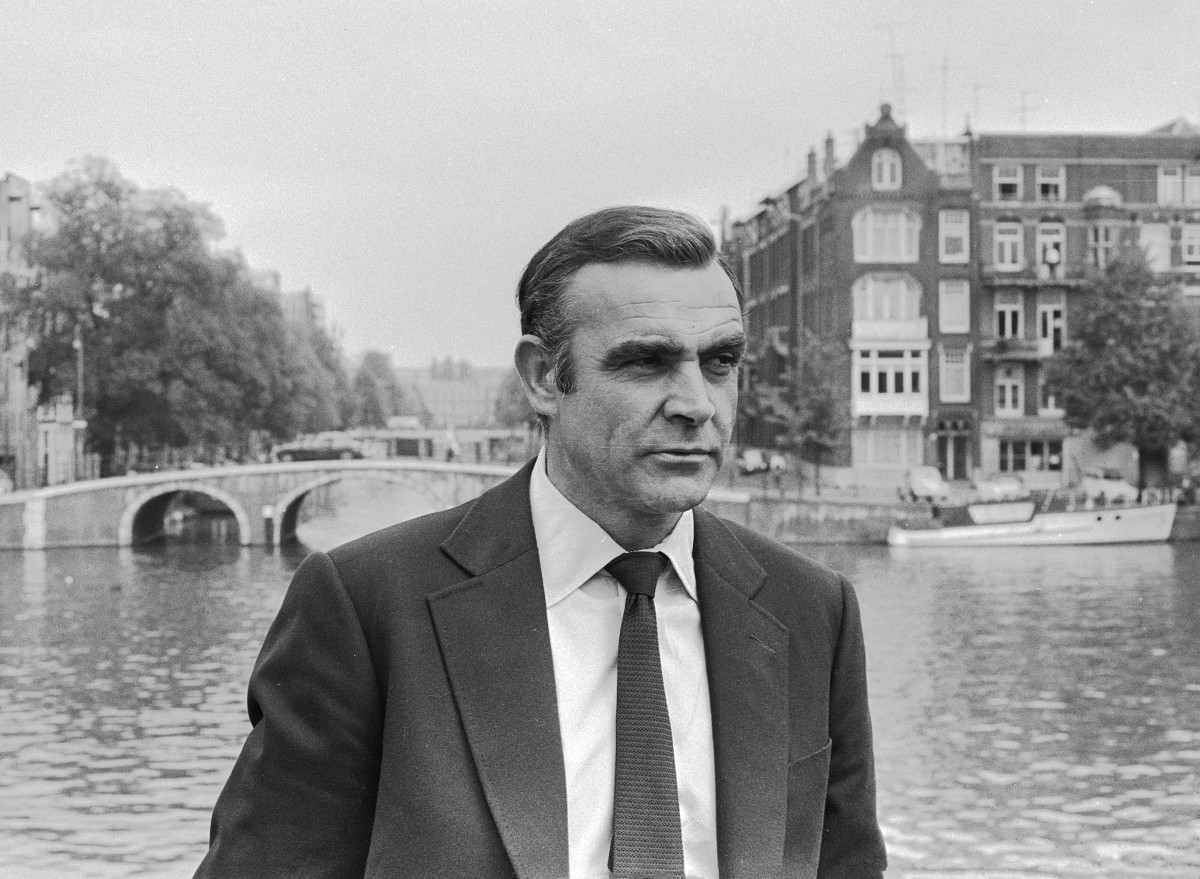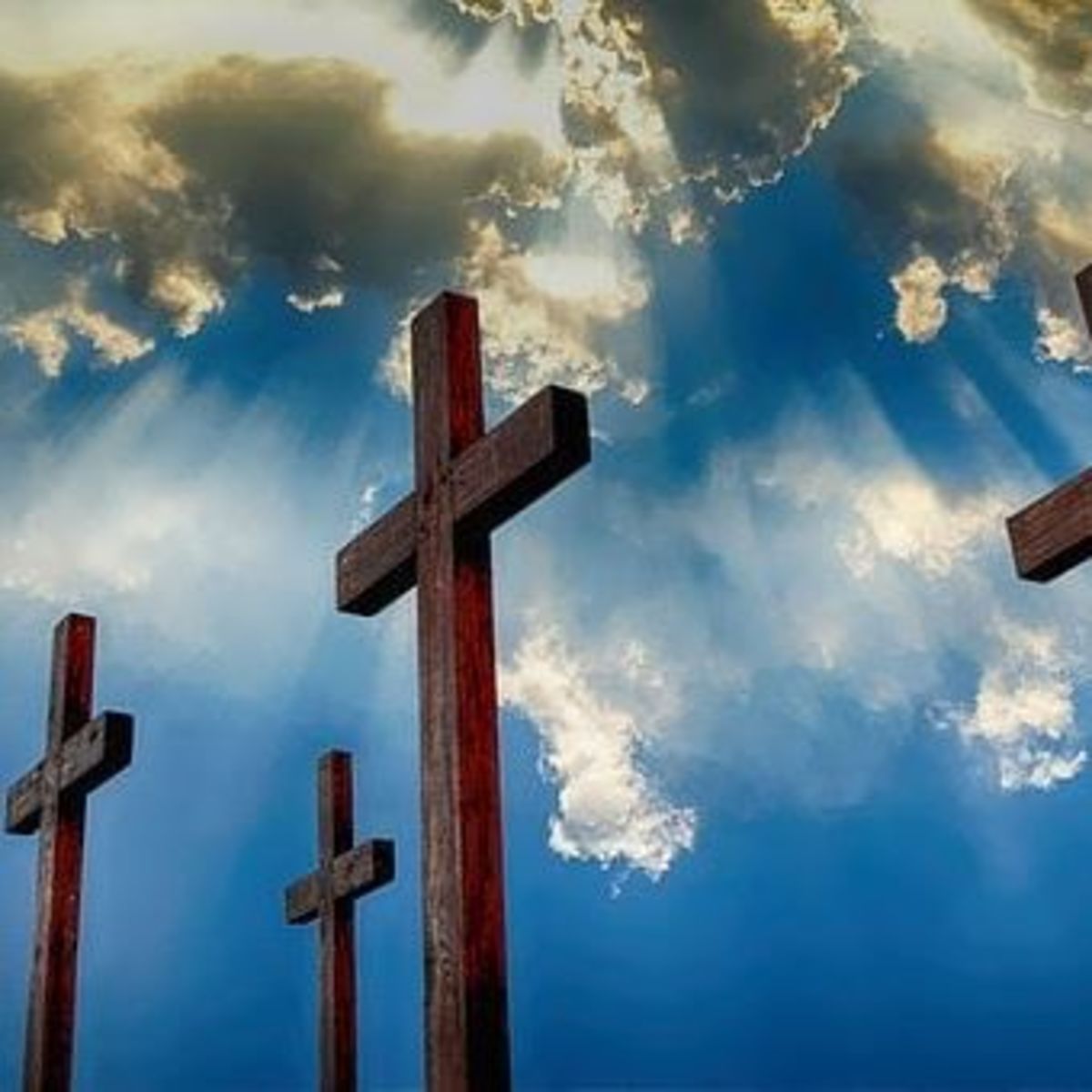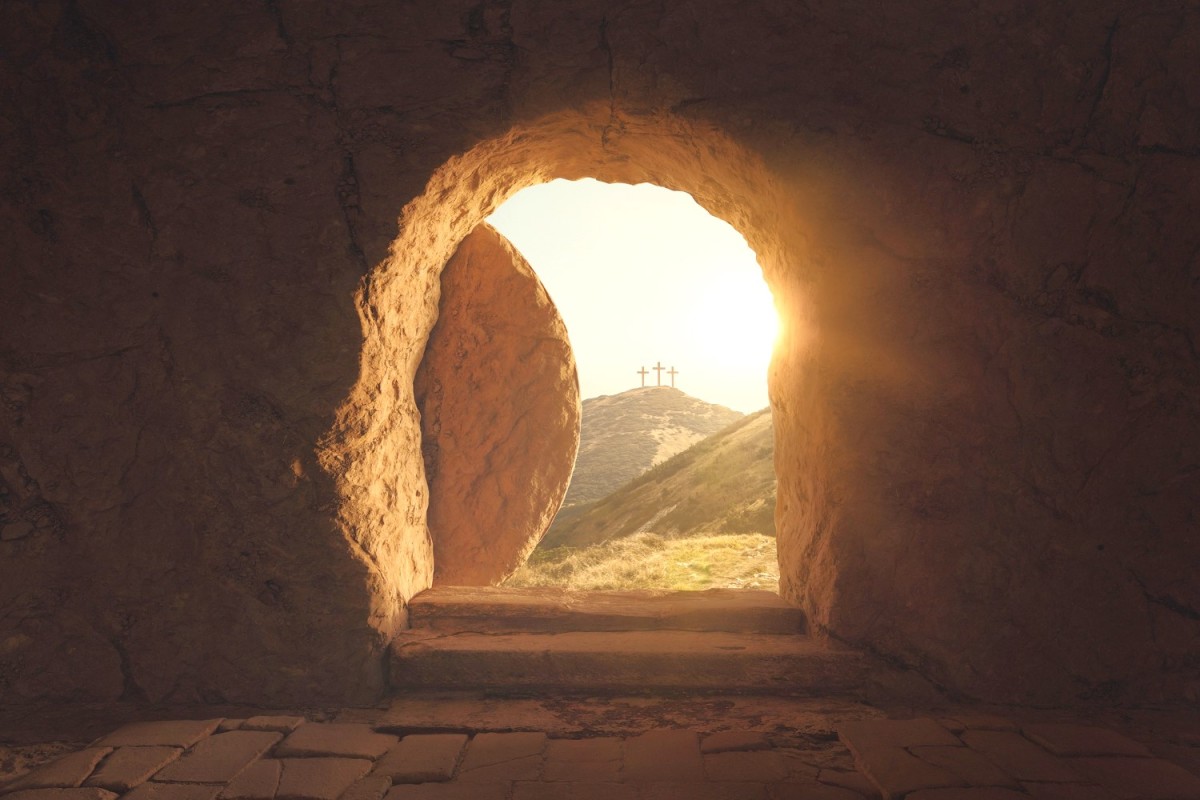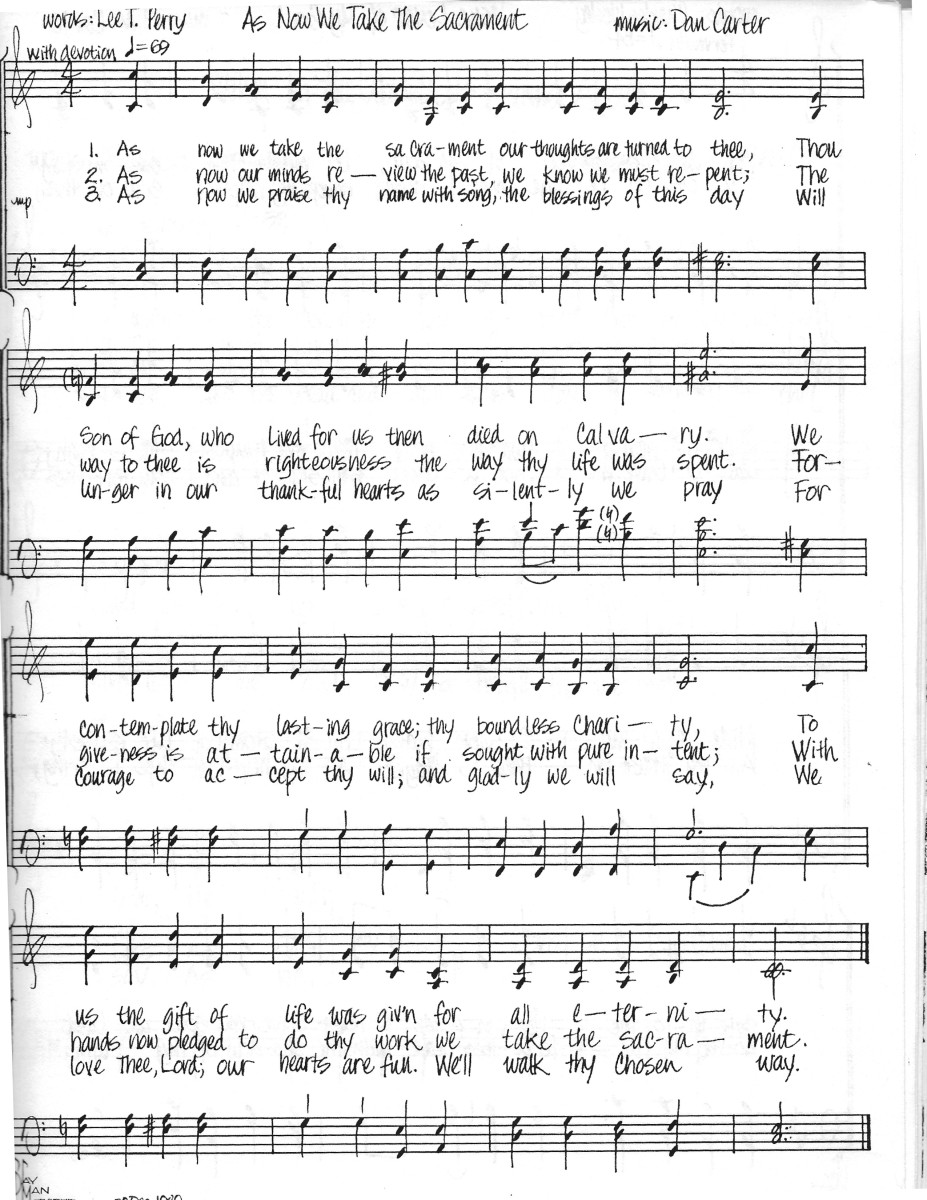The Music of Daniel Carter: The Lord Is My Shepherd
About 1992, friends and I organized a group of about 24 voices and we performed about 20 concerts a year. Mostly those concerts were held in churches, and we performed new, original music. It was a venue for me to perform many of my own new works which in those days was almost entirely religious music. I wrote hundreds of choral pieces, solos, about 10 cantatas, and a few oratorios. Additionally, I arranged a lot instrumental and vocal music based on hymns. In 1996, my singing group, Dan Carter Singers, recorded our one and only CD. On that CD was the track below, The Lord Is My Shepherd. It was a favorite of mine, and when we performed it, received a very enthusiastic response. We were not a professional group, and even when we were in the studio recording, there were skeptics about the quality of the singers. However, I have never worked with a group who loved the gift of singing as they did. And in live performances, that joy was contagious and unmistakable, regardless of whether or not it was conveyed through our attempts to record.
Sadly, the CD is no longer available. There were problems with the original distributor who wasn't as ethical as he claimed.
Here is the music video of that recording:
Where to Buy Sheet Music of This Arrangement
The choral version you listened to is available in sheet music at HolySheetMusic.com.
The text for the hymn was adapted from Psalm 23 by James Mongomery
The Lord is my Shepherd, no want shall I know;
I feed in green pastures, safe folded I rest;
He leadeth my soul where the still waters flow,
Restores me when wand’ring, redeems when oppressed.
Through valley and shadow of death though I stray,
Since Thou art my Guardian, no evil I fear;
Thy rod shall defend me, Thy staff be my stay;
No harm can befall, with my Comforter near.
In midst of affliction my table is spread;
With blessings unmeasured my cup runneth o’er;
With perfume and oil Thou anointest my head;
O what shall I ask of Thy providence more?
Let goodness and mercy, my bountiful God,
Still follow my steps till I meet Thee above;
I seek, by the path which my forefathers trod,
Through land of their sojourn, Thy Kingdom of love.
It is interesting for me to note that the hymnal I grew up using didn't include the fourth verse. I'm not sure why, but some believe it may be because it made the hymn too long (which doesn't seem like a very satisfactory excuse to me).
More about the Lyricist, James Montgomery
James Montgomery was born November 4, 1771, Irvine, Ayrshire, Scotland. He died April 30, 1854, Mount, Sheffield, England and was buried at Sheffield, England. His contributions were considered so signicant that in his honor and memory, a statue was erected in the Sheffield cemetery, a stained glass window was installed in the parish church, and a public hall was named after him.
At five years of age, Montgomery's family moved to the Moravian settlement at Gracehill, near Ballymena, County Antrim. Only two years later, he was sent to the Fulneck Seminary in Yorkshire. In 1787 he left Fullneck to work in a shop in Mirfield, near Wakefield. However, it wasn't long before he tired of this work, and landed a position at Wath, near Rotherham, only to find it unlikable as his previous job. As a result he went to London, hoping to find a publisher for his poems, which were perceived as pieces of youthful writing, ended with rejection. In 1792, he left Wath for Sheffield to be assistant to Mr. Gales, an auctioneer, bookseller, and printer of the Sheffield Register. Gales left England in 1794 to avoid political prosecution. Leaving Montgomery with an unusual opportunity, he took the Sheffield Register, changed its name to the Sheffield Iris, and continued to operate, edit and publish for 32 years. During this period he was imprisoned twice, first for reprinting a song that commemorated the fall of the Bastille, and secondly for giving an account of a riot in Sheffield.
Montgomery edited, composed and published his poems and hymns, delivered lectures on poetry in Sheffield and at the Royal Institution, London, and the advocacy of foreign missions and the Bible Society. He wrote over 400 hymns in his life. In 1833, Montgomery was awarded a royal pension of £200 per year.
Thomas Koschat Composed the Hymn Tune
Thomas Koschat was born August 8, 1845 in Viktring, Austria (now part of Klagenfurt) and died May 19, 1914, at Wien (Vienna), Austria. He was buried at Annabichl, Klagenfurt, Austria.
There isn't a great deal of information about the composer, but cyberhymnal.org writes the following:
"Koschat studied chemistry in Vienna, and sang as a bass in the Hofoper (court opera) choir, and eventually became choir director. He later founded the Koschat Quartet and toured Europe and America extensively. He was well known for his Carinthian folk songs. Emperor Wilhelm awarded him the Adler Orden (Order of the Red Eagle)."
Most of Koschat's compositions were significant in the regions he lived in, during the time of his life, but little seems to have remained regarding their importance today. However, His tune for The Lord Is My Shepherd in my opinion, is by far the best tune for author James Montgomery's lyric.
The tune name for this hymn is FORSAKEN. It is the tradition of Christian hymnody to pair words and music in many different ways, and therefore, each hymn tune has a name separate from each hymn text. Hence, The Lord Is My Shepherd is the name of the text, while the tune used tune used for this arrangement is named FORSAKEN.
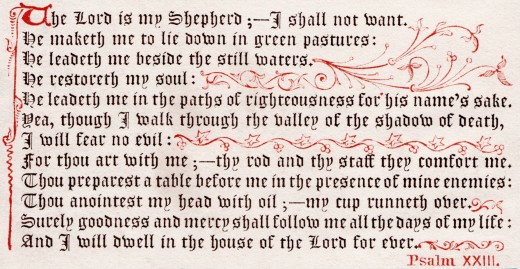
© 2010 Daniel Carter

